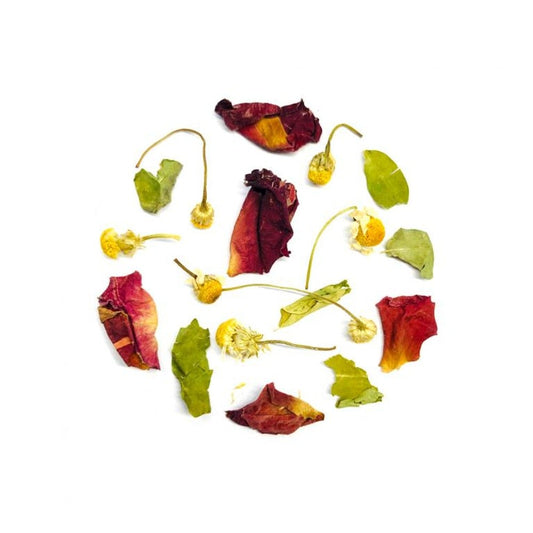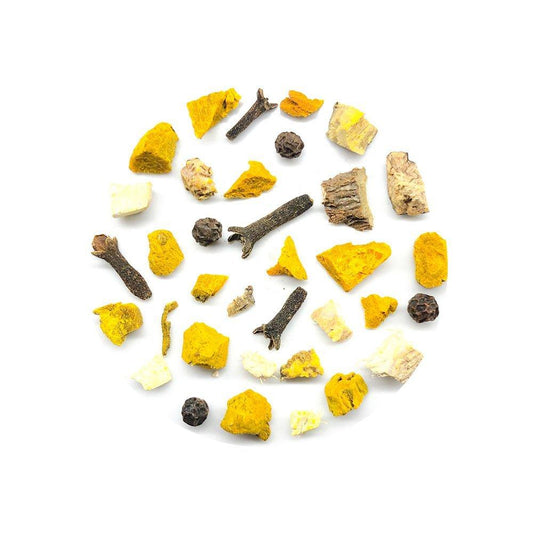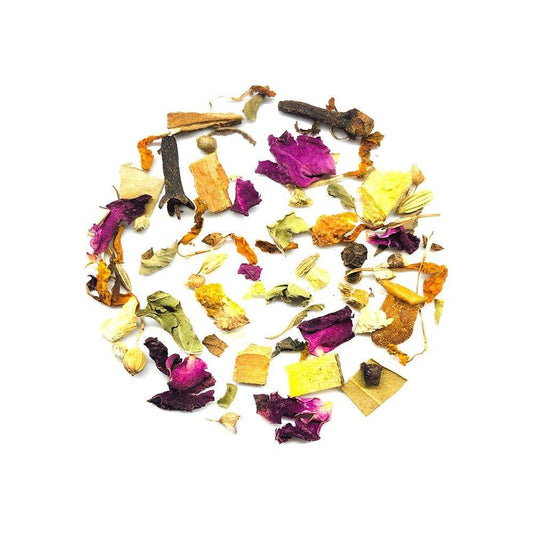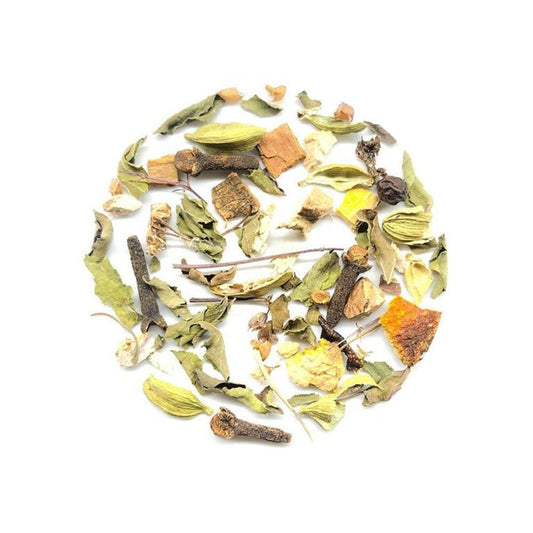Vata Dosha
The Vata dosha is one of the three doshas in Ayurveda. Each dosha has physical, psychological, and emotional aspects that affect each person.
If you possess an excess of Vata, you are more prone to developing Vata diseases. These illnesses can be prevented by balancing your inner tri-dosha.
To balance these energies, you must know a little about your constitution.
People of the Vata constitution tend to be built with smaller frames and may be underweight. They are often more thin than people of the other constitution.
Their skin and hair tend to be dry and of a darker color. The skin also tends to be dry or rough. The hands and feet of someone of the Vata constitution are usually cold to the touch.
These people usually have little appetite and eat small amounts when they do. They usually enjoy sweet, sour, and salty foods. Water consumption is somewhat variable.
Vata people tend to be very active both physically and mentally. They often walk quickly, but not as fast as they talk. Emotionally, they tend to be insecure, fearful, and unpredictable.
Their short-term memory is good, but long-term is poor. A Vata will remember what Becky said at breakfast this morning, but not the name of the soccer team she played on as a kid.
Dreams tend to be fearful and involve flying, jumping, and running.
Their sleep is often interrupted and of poor quality. Although they get little sleep, this is how they prefer it.
People of this dosha often have little money. When they do acquire money, it is spent quickly on impulse.
You likely feel like you can relate to some of these more than others. Even if this is your dominant dosha, you will not agree with every aspect.
You may have a large amount of Vata energy in most of these aspects. However, nobody is 100% one constitution.
If you most identify with the Vata constitution, there are some food you'll agree with and some you won't. As you look at the foods that do and don't agree with your constitution, you may notice that many of the foods go along with your prior beliefs.
You may notice foods Vata's should avoid are foods you already don't like. If they are foods you enjoy, you don't necessarily have to cut them out of your diet. Simply observe the effect it has on your body when consumed. If you notice your body disagrees with the food, consume it in moderation.
This is not meant to be an all inclusive list that you must follow. It is just to give you a guideline.
Here is the list of foods to enjoy and foods to avoid:
Fruits
Consume
- Sweet Fruits
- Apricots
- Avocado
- Bananas
- Berries
- Cherries
- Coconut
- Figs (fresh)
- Grapefruit
- Grapes
- Lemons
- Mango
- Melons (sweet)
- Oranges
- Papaya
- Peaches
- Pineapples
- Plums
- Dried Fruits
- Apples
- Cranberries
- Pears
- Persimmon
- Pomegranate
- Watermelon
Vegetables
Consume- Cooked Vegetables
- Asparagus
- Beets
- Carrots
- Cucumber
- Garlic
- Green beans
- Okra (cooked)
- Onion (cooked)
- Potato (sweet)
- Radishes
- Zucchini
- Raw vegetables
- Broccoli
- Brussels sprouts
- Cabbage
- Cauliflower
- Celery
- Eggplant
- Leafy greens (in moderation)
- Lettuce (in moderation)
- Mushrooms
- Onions (raw)
- Parsley (in moderation)
- Peas
- Peppers
- Potatoes (white)
- Spinach (in moderation)
- Sprouts (in moderation)
- Tomatoes
Grains
Consume- Oats (cooked)
- Rice
- Wheat
- Barley
- Buckwheat
- Corn
- Millet
- Oats (dry)
- Rye
Animal Foods
Consume- Beef
- Chicken or Turkey (white meat)
- Eggs
- Seafood
- Lamb
- Pork
- Rabbit
- Venison
Legumes
- No legumes except mung beans, tofu, or black and red lentils.
Nuts
- All nuts are okay in small quantities.
Seeds
- All seeds are ok in moderation.
Sweeteners
- All sweeteners are okay except white sugar.
Condiments
- All spices are good.
Dairy
- All dairy products are okay in moderation.
Oils
- All oils are good.
Knowing what is and isn't beneficial for your constitution is the first step to balancing your doshas.
Everyone is different, and just because a food is or isn't supposed to agree with you, that doesn't mean it's true. The important part is eating a diet that is right for you.
This is meant to be a guideline and is not exact for everyone. You should take what you learned here and form your own opinion.
Plus, there's so much more to Ayurveda and your constitution than what I included here. Now that you have a basic understanding, you can experiment and eventually come to understand the age old practice of Ayurveda.
To learn more about Ayurveda or other ways to balance your health click here.
If you wish to view items to help maintain your constitution, click here.
Herbal Teas
-
Chamomile Rose Moringa
Regular price From $4.75 USDRegular priceUnit price per
-
Herbal Blood Cleanser
Regular price From $4.55 USDRegular priceUnit price per
-
Fairy Tale Tea
Regular price From $4.55 USDRegular priceUnit price per
-
Winter Spice
Regular price From $4.55 USDRegular priceUnit price per




